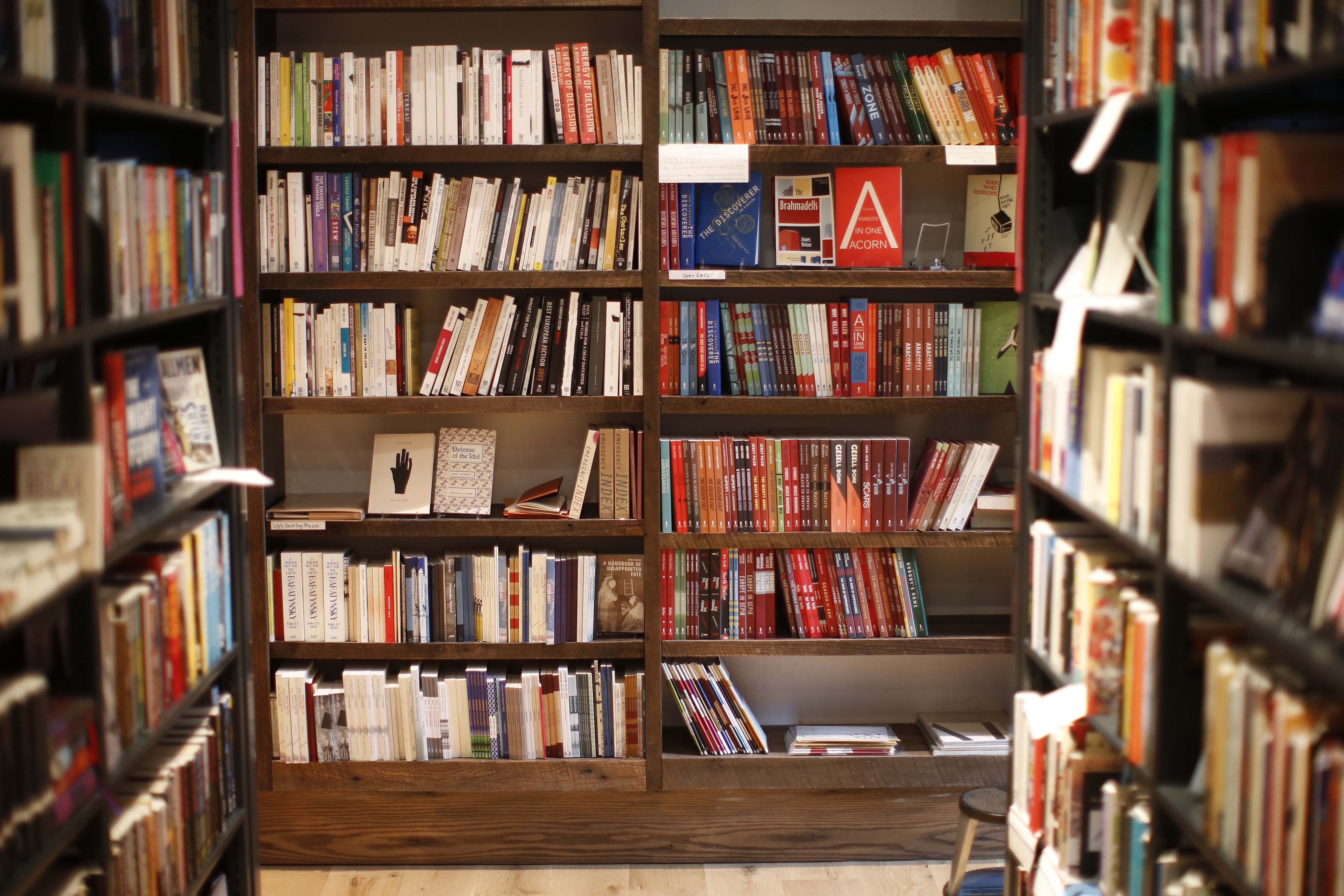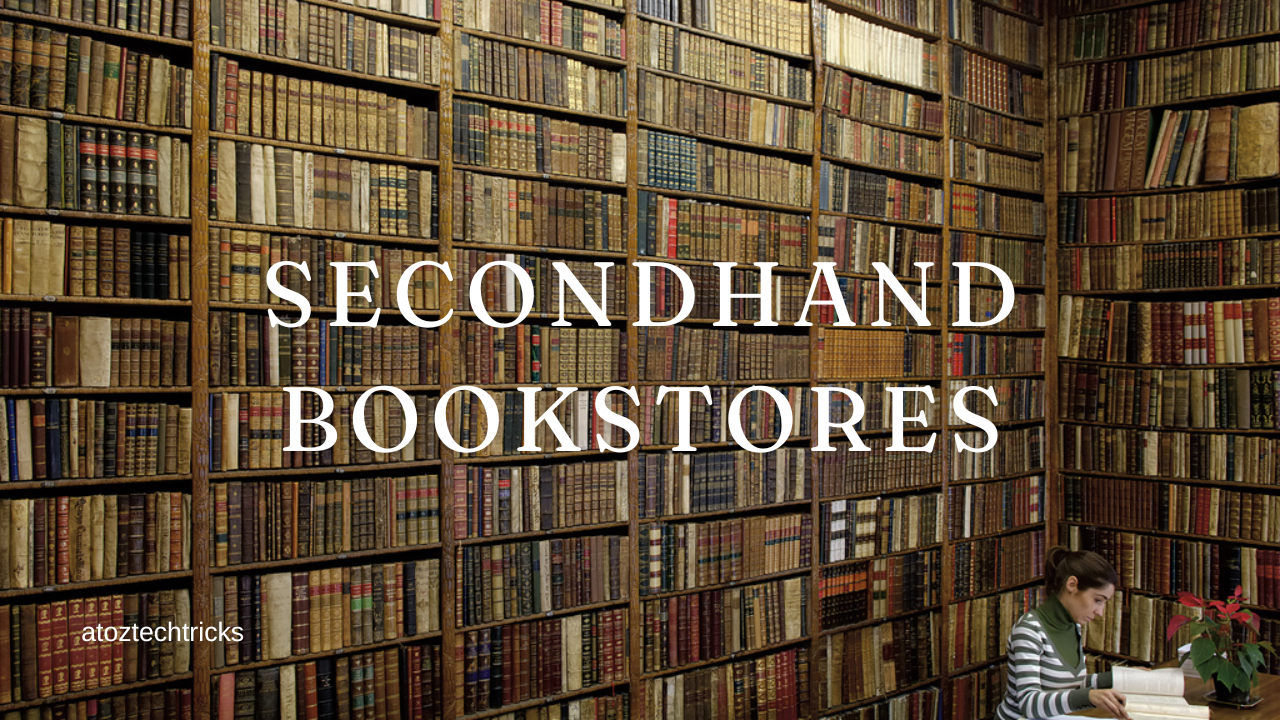Charm of Secondhand Bookstores: A Deep Dive into Their Appeal and Significance
Secondhand bookstores have a unique charm that sets them apart from their modern counterparts. These bookstores, with their creaky wooden floors and musty-smelling shelves, offer more than just books; they provide a nostalgic experience, a sense of history, and often a treasure hunt for literary gems. In this article, we will explore the various facets that make secondhand bookstores so appealing, their role in communities, and why they remain a beloved haven for book lovers.
The Allure of Secondhand Bookstores
A Journey Through Time
One of the most compelling aspects of secondhand bookstores is their ability to transport readers back in time. Every book on the shelf carries a story beyond its printed pages—stories of previous owners, the places it has been, and the hands it has passed through. A book with a handwritten note or a personalized inscription can reveal glimpses into the past, making the reading experience richer and more personal.
An Unexpected Adventure
Unlike new bookstores, where books are often displayed in a curated, uniform manner, secondhand bookstores are often a labyrinth of unpredictable finds. You might stumble upon a rare edition of a classic novel, an out-of-print title, or even a signed copy of a famous book. This element of surprise and discovery adds to the excitement of visiting a secondhand bookstore.
The Joy of the Hunt
For many, the joy of visiting a secondhand bookstore lies in the hunt. The experience is akin to treasure hunting, where each shelf offers the potential for a discovery. The search for that elusive book can be exhilarating, and finding a long-sought-after title can be immensely satisfying. The thrill of uncovering a hidden gem is something that many avid readers cherish.

The Role of Secondhand Bookstores in Communities
Cultural and Historical Preservation
Secondhand bookstores play a vital role in preserving cultural and historical artefacts. They often carry rare and vintage books that might otherwise be lost to time. These books can provide valuable insights into past eras, reflecting the societal norms, values, and interests of their times. By keeping these books in circulation, secondhand bookstores contribute to the preservation of cultural heritage.
Promoting Literacy and Education
Many secondhand bookstores are committed to promoting literacy and education within their communities. Some bookstores partner with local schools and libraries to provide books at affordable prices. Others host events like book fairs, reading groups, and educational workshops, fostering a love of reading and learning among people of all ages.
Supporting Local Economies
Secondhand bookstores often contribute to the local economy by sourcing their inventory from community donations and offering affordable books to residents. This model supports a circular economy, where resources are reused and redistributed within the community. Additionally, these stores often employ local workers, further bolstering the economic impact.
The Environmental Impact of Secondhand Bookstores
Reducing Waste
One of the most significant environmental benefits of secondhand bookstores is their role in reducing waste. By giving books a second life, these stores help to minimize the need for new book production, which often involves the use of paper, ink, and other resources. This reuse helps to conserve natural resources and reduces the environmental impact associated with book manufacturing.
Encouraging Sustainable Practices
Secondhand bookstores often promote sustainable practices by encouraging people to buy used items rather than new ones. This can lead to a broader cultural shift towards more sustainable consumption habits. By supporting secondhand bookstores, consumers participate in a more eco-friendly approach to acquiring books and other goods.
The Community Experience
A Gathering Place for Book Lovers
Secondhand bookstores often serve as community hubs where book lovers can gather and share their passion for reading. Many of these stores host book clubs, author readings, and discussion groups, creating opportunities for people to connect over their shared interests. The social aspect of these gatherings can foster a sense of belonging and community.
Unique Atmosphere and Decor
The ambience of secondhand bookstores is another draw for visitors. These stores often feature eclectic and cosy decor, with mismatched furniture, vintage posters, and quirky displays. The atmosphere is usually warm and inviting, making it a pleasant place to browse and spend time. This unique setting adds to the overall charm and appeal of the store.

The Economic Model of Secondhand Bookstores
Revenue Streams
Secondhand bookstores operate on a different economic model compared to new bookstores. They typically acquire inventory through donations, trade-ins, or bulk purchases at lower costs. This allows them to sell books at more affordable prices while maintaining a sustainable business model. Some secondhand bookstores also generate revenue through additional products like coffee, stationery, and book-related merchandise.
Challenges and Opportunities
While secondhand bookstores have a distinct charm, they also face challenges. Competition from online retailers and e-books can impact their sales. Additionally, maintaining a large and diverse inventory requires careful management. However, these stores have opportunities to leverage their unique selling points, such as personalized customer service and a curated selection of books.
The Personal Connection
Building Relationships with Customers
Many secondhand bookstore owners and staff build strong relationships with their customers. They often remember regular visitors, understand their reading preferences, and can make personalized recommendations. This personal touch creates a sense of community and loyalty that can be hard to find in larger, impersonal bookstores or online platforms.
Fostering a Love of Reading
Secondhand bookstores often play a role in fostering a love of reading from a young age. Many of these stores have sections dedicated to children’s books, encouraging young readers to explore literature. The affordability of secondhand books makes it easier for families to build their home libraries and instil a passion for reading in their children.
Entertainment and Leisure Business Ideas: A Comprehensive Guide to Success
The Future of Secondhand Bookstores
Adapting to Modern Trends
Secondhand bookstores are adapting to modern trends by incorporating technology and expanding their reach. Many stores now have online inventories, allowing customers to browse and purchase books from the comfort of their homes. Some bookstores also use social media to engage with their audience and promote events and new arrivals.
Innovative Business Models
To stay competitive, some secondhand bookstores are adopting innovative business models. This includes offering subscription services, hosting virtual book clubs, and partnering with other local businesses for joint promotions. These strategies help to attract new customers and keep the business vibrant and relevant.
Secondhand bookstores are more than just places to buy used books; they are cherished community hubs that offer a unique blend of nostalgia, discovery, and personal connection. They play a crucial role in preserving cultural heritage, promoting literacy, and supporting local economies. Despite the challenges they face, secondhand bookstores continue to thrive by adapting to modern trends and maintaining their distinctive charm.

For book lovers and community members alike, secondhand bookstores offer a special experience that goes beyond the simple act of purchasing a book. They provide a sense of history, a thrill of discovery, and a connection to a larger community of readers. As long as there are books and people passionate about them, secondhand bookstores will remain a beloved part of the literary landscape.




Post Comment